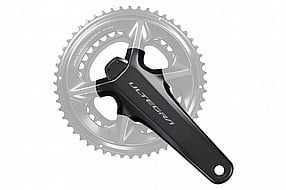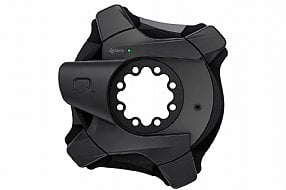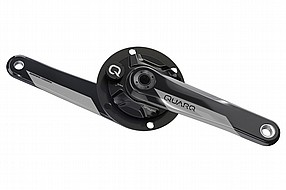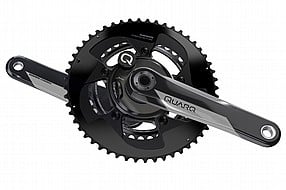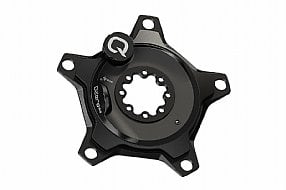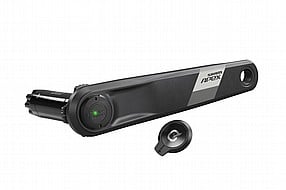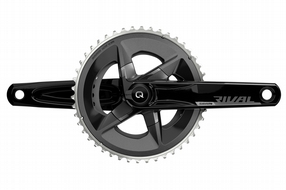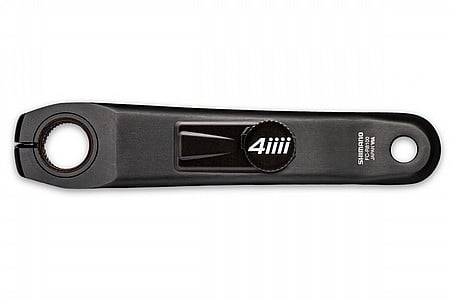
The crank installation was easy with only one special tool required. You can find lots of videos on line about replacing a crank and it was a simple process. Once the crank was on, I zeroed it out and went for a ride. I love the fact that it also replaced my cadence sensor so now my bike has a much cleaner look since you can't even tell that there is a power meter on the crank. A huge upside to this purchase is that it also connects to apple find my devices so it takes the place of adding an apple tag with the added advantage that this crank will not alert somebody that there is an apple tag. Lots of videos on how to modify a tag to add to your bike, but this product has it already done for you! It connected easily to my Garmin and gives a great read out of my power. The battery is a bit weird to change now that they added a child protective feature, but you can watch their video on how to remove it. You have to go through a pairing process that requires removing and re-installing the battery several times.
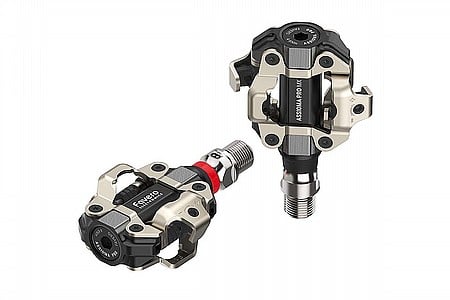
I own a pair of road dual sided-power pedals (different brand) and they have worked well for me. However, when I was looking for a durable gravel/MBT pedal for racing, all my research pointed to the Favero Assioma Pro MX. After installing the pedals (easy), I put them to the test at the Iceman Cometh MTB race in N. Michigan. In spite of the rugged, fast conditions, the Pro MX worked flawlessly. As a quality MTB pedal, they functioned as expected. The pedals were easy to adjust and I had no issues clipping/unclipping. As far as pairing them to my Garmin head unit, again, no issues. The power data was spot on w/ Zero dropouts. Additionally, I have run them on my gravel bike, and they have worked great every time. The pedals are solidly built, and you can feel the quality right out of the box. I was able to get these for about 15% less than other competitive brands, and I feel like I made a wise choice.
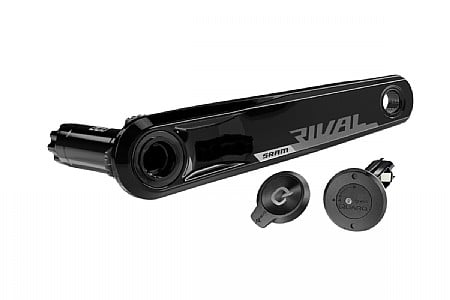
Relatively simple upgrade (ideally you need a torque wrench) and provides accurate power numbers for a fraction of the cost of other systems. Equally, you can run any pedal system (road vs mtb, shimano spd vs crankbrothers vs keo etc). Pedal based power meter might be more versatile in switching between bikes, but that method means you are tied to a specific cleat system (does not exclude changing pedal body but that is costly and time consuming). So I have been running this power meter upgrade for several months with no data issues, drop outs or spurious numbers so very happy and would recommend.

My goal was to find an accurate, reliable way to maintain peak seasonal cycling performance (speed strength and stamina) during off-season inclement weather periods (in-door stationary bike). The Garmin RS200 Power meter pedals were paired with a Garmin 1040 computer to collect minute-by-minute rigorous performance data (HRM, cadence, speed, ascent, descent, power, cycling dynamics, etc.) to model peak season rides. Also, a GoPro video camera was mounted on the handlebar for playback of my favorite cycling routes.
Then, both the Garmin power meter pedals, paired with the Garmin computer were installed on a stationary bike (Star Trac Spinner NXT) to guide in the minute by minute replication of peak season performance metrics derived from my favorite cycling routes. I now have the critical performance data feedback on a stationary bike without suffering wear and tear on my performance road bike.
